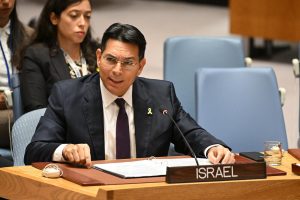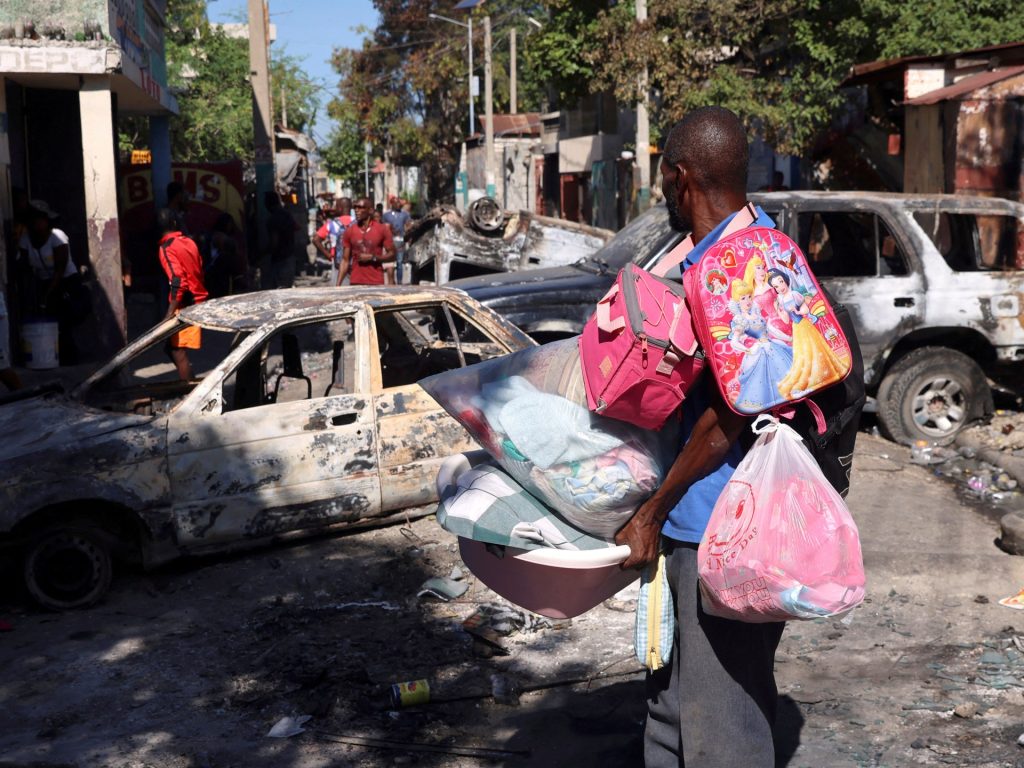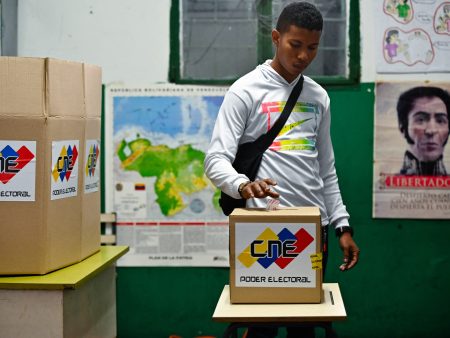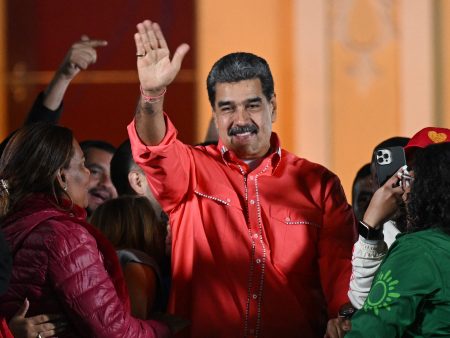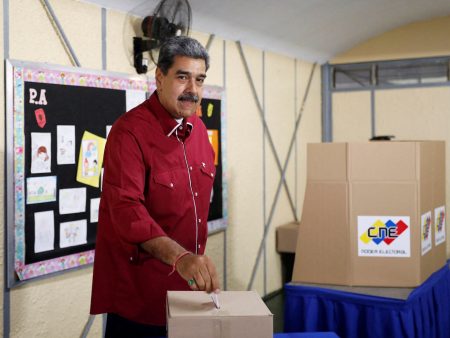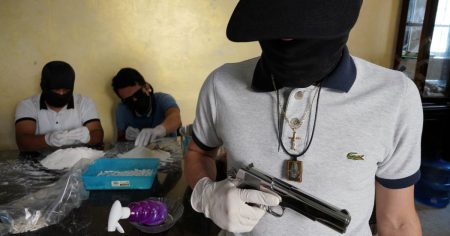The weekend of December 6th and 7th, 2024, witnessed a horrifying massacre in Cité Soleil, a poverty-stricken slum in Haiti’s capital, Port-au-Prince. At least 184 individuals, a disproportionate number of whom were elderly, were brutally murdered, their bodies subsequently burned and disposed of in the sea. This act of barbarity is attributed to a surge in gang violence, a chronic problem plaguing the nation. The killings were reportedly ordered by Jean Monel Felix, alias “King Micanor,” the leader of a powerful gang controlling a strategic area between Port-au-Prince’s main port and its international airport. The alleged motive for this horrific act stemmed from the illness and subsequent death of Felix’s child. He reportedly consulted a Vodou priest who attributed the child’s demise to witchcraft practiced by elderly individuals within the community. This accusation triggered the brutal retaliation, targeting the elderly and those perceived as Vodou practitioners.
The massacre underscores the devastating impact of gang violence in Haiti, a nation grappling with pervasive insecurity and instability. It adds to a grim tally of over 5,000 lives lost to gang violence in 2024 alone. The UN High Commissioner for Human Rights has condemned the killings and called for a thorough investigation to ensure accountability. The Haitian government and the European Union have also expressed their condemnation. This latest incident follows a disturbing trend of escalating violence that has gripped Haiti, particularly since February 2024, marked by a surge in gang activity and territorial control. The volatile security situation has caused widespread displacement, with hundreds of thousands of Haitians, predominantly children, forced to flee their homes.
Vodou, a monotheistic folk religion central to Haitian culture, has become entangled in the narrative surrounding the massacre. Originating among enslaved Africans brought to the then-French colony of Saint-Domingue (present-day Haiti), Vodou, meaning “spirit” or “deity” in the Fon language, represents a blend of West African traditions and a response to the dehumanizing conditions of slavery. However, misconceptions and negative stereotypes about Vodou, fueled by historical misrepresentations and fueled by social media, continue to plague the religion and its practitioners. The tragic events in Cité Soleil highlight how such prejudice can be weaponized, leading to violence and discrimination against innocent individuals.
The entrenched gang violence in Haiti reveals a complex interplay of factors, including political instability, poverty, and the proliferation of weapons. Gangs wield significant influence, controlling vast swathes of the capital, Port-au-Prince, and challenging the authority of the government. Recent political turmoil, marked by the resignation of Prime Minister Ariel Henry and the subsequent appointment of Alix Didier Fils-Aime, has further destabilized the country, hindering efforts to curb the escalating violence. The pervasive insecurity has severely hampered humanitarian efforts, with organizations like Doctors Without Borders forced to suspend operations due to threats and violence.
The international community has responded to Haiti’s escalating crisis with calls for action. UN Secretary-General Antonio Guterres has urged Haitian authorities to investigate the Cité Soleil massacre thoroughly and bring the perpetrators to justice. A Kenyan-led, UN-backed police support mission is currently deployed in Haiti, aiming to restore order and address the rampant gang violence. However, their efforts have been hampered by the entrenched power of gangs and the challenging security environment. The scale of the crisis necessitates a comprehensive and coordinated response, addressing both the immediate security concerns and the underlying socio-economic factors fueling the violence.
The escalating gang violence in Haiti has precipitated a humanitarian crisis of immense proportions. Over 700,000 Haitians have been internally displaced, with children bearing the brunt of the suffering. The ongoing insecurity has severely disrupted access to essential services, including healthcare, education, and humanitarian aid. The international community must intensify its efforts to support Haiti, providing humanitarian assistance, promoting stability, and strengthening the capacity of the Haitian government to address the root causes of the violence. The tragic events in Cité Soleil serve as a stark reminder of the urgent need for a comprehensive and sustained response to the multifaceted crisis engulfing Haiti. Failure to act decisively will further exacerbate the suffering of the Haitian people and prolong the cycle of violence and instability.
